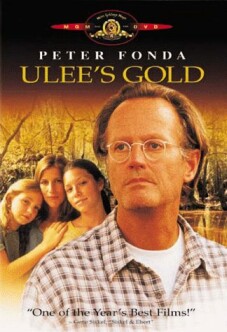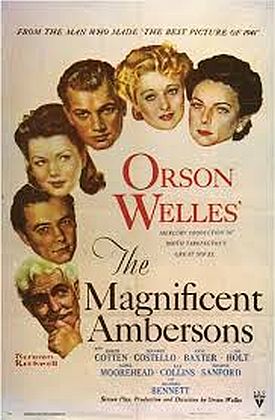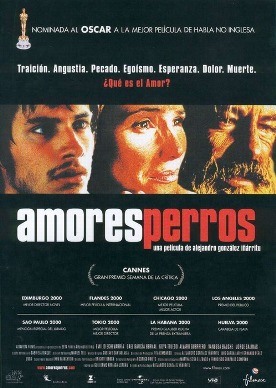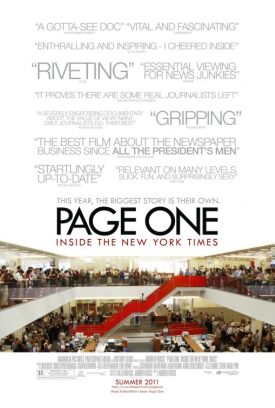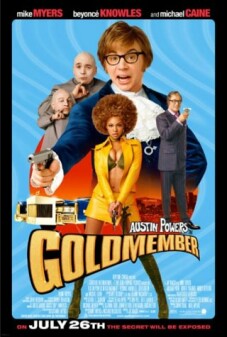Ulee’s Gold
Ulee’s Gold, written and directed by Victor Nunez is a film so slow-paced that even the exciting parts look as if they are on drugs. Perhaps this is because its star, the Ulee of the title (short for Ulysses) is the former pot- head Peter Fonda. It is not necessarily the highest of compliments to say that this is the best movie starring Peter Fonda that has been seen since Easy Rider, since the competition has not been all that stiff, but I think it might have been livelier than it is. Fonda plays a sober and hard-working bee- keeper from Gulf County, Florida, whose stoic impassivity is supposed to have something to do with his hitch in ’Nam, during which all the men in his unit were killed except for him. His cute little granddaughter, Penny (Vanessa Zima) asks him: “Had they been bad? Did they deserve to die?”
Gramps answers that they had not and they did not. They were good men. But he was more tricky than they were. “Maybe only the tricky made it out.”
Having been tricky in his youth, he seems to have determined to be as untricky as possible in his middle age. For, to tell the truth, Ulee is a bore. An admirable bore, to be sure, but still a bore. The fact that he is a decent fellow does not automatically make him interesting to a cinema audience. The “gold” of the title is both his wonderfully rich, tupelo-blossom honey and some money left over from an armored-truck robbery staged by his son, Jimmy, and two confederates and hidden on dad’s land. This begins to sound promising, but passion for neither the money nor the “gold” is conveyed by Mr Nunez’s positively agricultural direction. When you know that Ulee is a man who takes his responsibilities, especially his family responsibilities, seriously, you know all that there is to know about him.
Except, perhaps, how it happened that such a paragon produced a son like Jimmy who is now in jail. Jimmy’s wife, Ulee’s daughter-in-law, Helen (Christine Dunford) is a junkie who has left her two daughters, little Penny and the not so little Casey (Jessica Biel) to be looked after by their hard-working grandfather, whose own beloved wife, Penelope, died some six years ago. “Jimmy and Helen were hit hard; I pretty much fell off the planet,” he says.
He is a proud man who refuses to ask “outsiders” for help — even the pretty, twice-divorced nurse, Connie Hope (Patricia Richardson), who lives across the street. One day he gets a call from Jimmy in jail who tells him that Helen has been spotted in Orlando, where she is in trouble. Perhaps ill. He needs his dad to go down there and help her out. Dad is much more inclined to let her rot, as is her tearaway elder daughter, Casey, who professes to think that robbing banks may be in her blood and that “it shouldn’t be any trouble at all, running wild.” But Ulee goes anyway and finds Helen strung out on something called “Roofies.” He also finds Jimmy’s two confederates (how they escaped conviction for armed robbery when Jimmy did not is not explained), Eddie and Farris, who have found out from Helen that there was some money from the robbery that they didn’t know about. They want it. They give Ulee a week to find it and bring it to them or they’ll pay him and his family a little visit.
It sounds more exciting than it turns out to be. The movie is really more interested in selling us on that good old-fashioned Hollywood panacea for the ills of the world, being more open about one’s feelings, than it is in telling a tale of vicious thugs persecuting innocent people. But in its favor is its qualified celebration (but celebration nonetheless) of Ulee’s virtues, including his being, in the words, of Nurse Hope “an old-fashioned kind of ties-that-bind kind of guy. No matter what happens, you stay the course, right?” Right. The essence of his complaint against his son and daughter-in-law is that they sought the “short cuts” in life, like so many of their generation. His bee-keeping, handed down to him by his father and grandfather, is “pretty hard work” and it seems that “most young folks can’t be bothered” with that these days. Just to drive home the point, Eddie says: “It’s always seemed like a stupid business, messing with bees” and “You haven’t done much with your life, Mr. Jackson.”
That by the end of the film we see how far from the truth this is makes up for a lot of obscurities and loose ends and psychobabbling dialogue and makes the film (just about) worth seeing.
Discover more from James Bowman
Subscribe to get the latest posts to your email.

